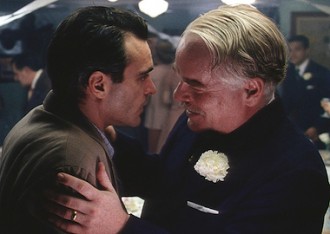
“Cult” Cinema Comes of Age
While Paul Thomas Anderson’s The Master provides the latest (and greatest) vantage point, 2011 saw the release of three solid films on the topic. Why now?
Read More
While Paul Thomas Anderson’s The Master provides the latest (and greatest) vantage point, 2011 saw the release of three solid films on the topic. Why now?
Read More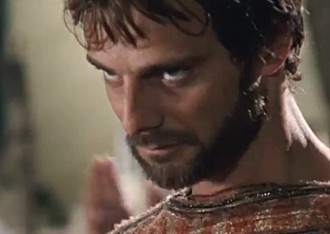
Restless Heart is quite obviously a labor of love. Someone really, really loves Augustine. Writing critically about it, which I must do, feels a bit like complaining that someone’s terribly earnest, harp-accompanied wedding was tacky, and too long.
Read More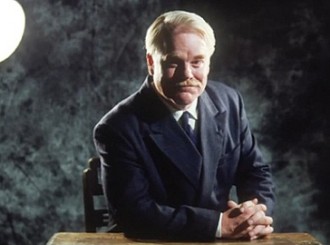
Instead of setting out to debunk Scientology, The Master is driven by Anderson’s genuine curiosity about religious charisma. The writer-director got the idea for the film after reading that postwar America was a particularly fertile environment for new religious movements. This idea brought together a number of other themes and ideas that had been rattling around in his head for some time, catalyzing them into a coherent story.
Read More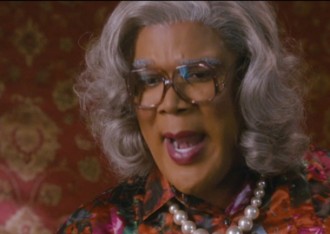
Tyler Perry’s Madea franchise is part of a collective of black, fat drag, comedy-dramas. These films bear six distinguishing features: 1) they are considered “successful” because they gross more than their production costs; 2) they are accompanied by an R&B/gospel soundtrack, and 3) include casts of popular black actors and actresses who are well known within African American communities. Also characteristic of these films are 4) the use of multiple and arguably watered-down Protestant messages about the importance of faith in God, couched in comedic performance, to appeal to mass audiences. An additional feature is that 5) the black church is the space where a significant turning point and/or the film’s resolution occur. Most notably, these films are characterized by 6) the donning of intricately designed fat suits by black men (Tyler Perry, Martin Lawrence and Eddie Murphy) to parody black women.
Read More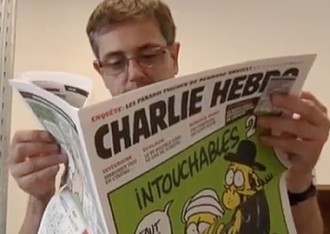
Why on earth is an orthodox Jew pushing a turbaned Muslim man in a wheelchair on the cover of Charlie Hebdo, the French baby-boomers’ favorite satirical magazine? Don’t bother looking for any deep symbolism—you won’t find it.
Read More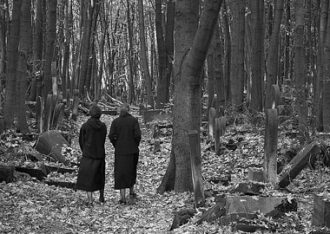
Many (obviously) look to religion for answers. Not me. Even if I consider myself somewhat religious, I have a hard time accepting the life-after-death claims of my own religion, Judaism. The dilemma is not uncommon: Although 80-90% of Americans believe in God, some 25-50% do not believe in life after death (the numbers depend on the study). So when considering death, many of us turn to less spiritual pursuits. Two recent books attempt exactly that: to explore the nature and meaning of death without religious filters. Shelly Kagan’s Death uses philosophy to define mortality and how best to live with the knowledge of it; Dick Teresi’s The Undead explores how science and technology is changing how we define death—and not for the better.
Read More
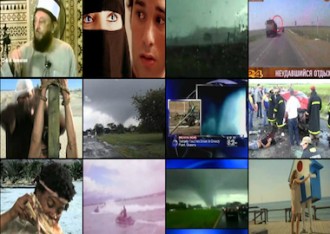
How did a B movie get rendered into Arabic, then used to justify an attack on American sites overseas?
Read More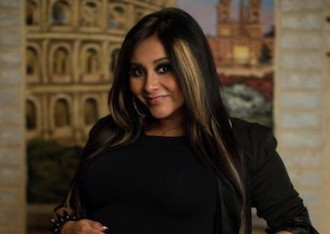
Snooki, of Jersey Shore fame, recently renounced her wild ways and embraced the conventional American lifestyle. A deeper look at this standard narrative presents problems for those who want freedom, not just acceptance.
Read More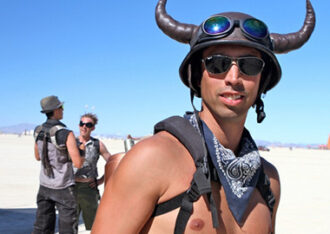
For evangelicals like Steve Matthews, Burning Man embodies deep-seated fears which can also be seen playing out in other aspects of American culture. Many conservatives fear that America is undergoing decay, and this is taking place in the spiritual realm as well. A lingering economic malaise, coupled with our continued cultural fascination with apocalyptic scenarios, provides a context in which Burning Man functions as a Rorschach test.
Read More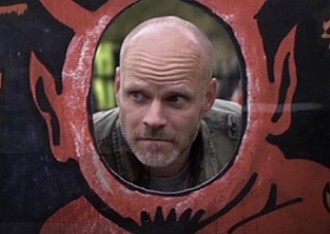
Judgment is a process, a refiner’s fire, not a permanent condition. If people can’t abide the idea of Hitler, Stalin, and Pol Pot gliding right through the Pearly Gates, they don’t have to worry. But no one should ever say “never” about anyone else’s chances. The theological and ethical point is to try to have the mind, and more importantly, the loving heart of God.
Read More